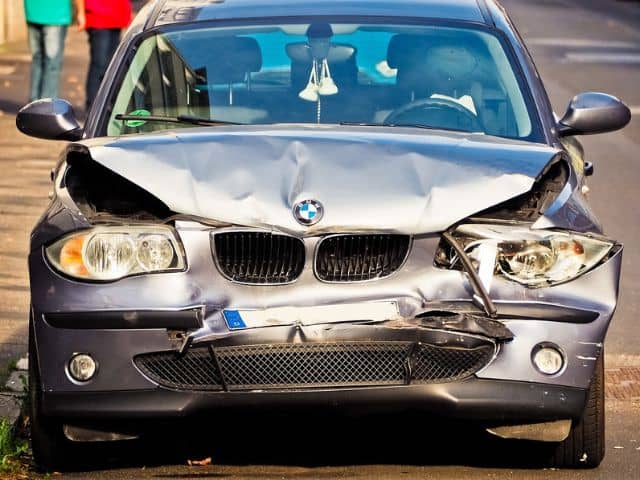
If you’ve ever lent your car to a friend, family member, or even a stranger, you might have found yourself wondering, “What happens if they get into an accident while driving my car?” It’s a common concern and for a good reason.
Car accidents can be stressful, expensive, and complicated, especially when someone else is behind the wheel of your vehicle. In this blog post, we’ll explore the legal and financial implications of someone else getting into an accident while driving your car and provide you with some practical advice on how to protect yourself and your assets.
A common misconception is that car insurance follows the driver. The reality is that it follows the car in most cases.
So, your insurance policy typically covers your vehicle, regardless of who is driving it, as long as the driver has your permission to use the car.
This principle is known as “permissive use” and has significant implications for auto accidents involving other drivers.
The bottom line is your insurance will generally be the primary coverage for an accident after allowing someone to drive your car.
When someone else is driving your car and gets into an accident, several factors come into play:
Understanding these basic principles sets the stage for exploring more specific scenarios and their legal implications.
Regarding liability assignment for accidents involving your car, the general rule is that the owner bears primary responsibility.
This concept, known as “vicarious liability,” means that as the vehicle owner, the law holds you accountable for damages caused by anyone driving your car with your permission.
You have a duty as a car owner to ensure people operate your vehicle safely and responsibly and that you insure your automobile according to Tennessee law.
This responsibility extends to situations where you allow others to drive your car. Courts often view lending your car as an implicit endorsement of the driver’s ability to operate the vehicle safely.
Past Tennessee court decisions and state law expressly reflect this principle. State courts can hold you personally liable for negligent entrustment if you knowingly allow an incompetent or unfit driver to use your vehicle.
The distinction between permissive and non-permissive use is critical when determining liability:
In cases of permissive use, your insurance typically provides primary coverage, and you are liable for damages beyond insurance limits.
Your liability may be limited for non-permissive use, and the driver’s personal insurance (if any) would cover damages.
However, you might still need to file a claim with your insurance carrier to repair damage to your vehicle.
While car owners are typically liable, there are exceptions:
Understanding these details helps car owners manage potential risks and make better choices when lending their vehicles.
Now that we have the basics out of the way, let’s explore some common scenarios and their potential legal consequences.
When you lend your car to a friend or family member, and the person gets into an accident:
If a person uses your car without clear consent:
In cases where your car is stolen and involved in an accident:
Each scenario presents different challenges with insurers. It could also affect your insurance rates, personal liability, and assets.
If someone else gets into an accident while driving your car, you need to take the right steps to protect your legal rights and financial interests.
Here’s what you should do:
If you or someone you know has been involved in a car accident in Memphis, our experienced car accident attorneys at Pickford Law are here to help. We offer free consultations to discuss your case and provide the guidance you need to protect your rights and seek the compensation you deserve.
Don’t hesitate to contact us today to learn more about how we can assist you during this challenging time.